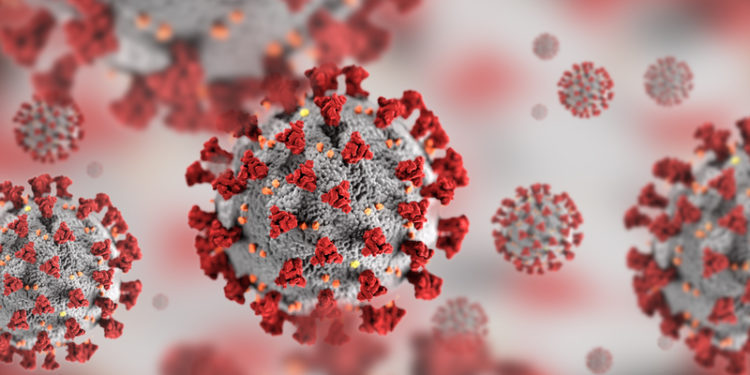 By Thomas Hoffman
By Thomas Hoffman
Earlier this year, the newly elected GOP led House passed a “Pandemic Over Act”, in response to the extension of the COVID emergency. On May 11th, the U.S. officially ended the national and public-health emergency declarations over COVID-19. What elements of social distancing will remain?
From the start, the majority of the “COVID” skeptics have come from the right. Current rising GOP star Florida Governor Ron DeSantis spoke out against “COVID panic” from the start. DeSantis has been among the most critical of mask wearers.
Speaking of masks, while it is becoming rarer, it is still not uncommon to see someone wearing a mask outdoors. There are also still a number of people who will not enter an indoor venue without donning a mask, even if it is one of the light blue surgical masks. According to the CDC, the light blue masks do not fit the testing requirement, and do not provide reliable protection. RealTime host Bill Maher mocked these light masks and categorized them as a type of superstition.
So why do some continue to don the light blue masks even though they are consideribly less effective against COVID then the K95 or KN95 masks? Social distancing has always been somewhat of a social controversy from the start of the pandemic. There have always been huggers, and those who are uncomfortable with excess hugging. Even if COVID is completely eradicated (and it won’t be) there are a whole host of germs and viruses that masks are needed to shield us from. Long before COVID, a trip on a NYC subway or bus was a cold or virus waiting to happen.
But when did this evolve from a social controversy to a political controversy?
Prior to being President, Donald Trump was one of the biggest unapologetic germaphobes in history. He was well known for his dislike of handshaking. Meanwhile Michelle Obama was a celebrated hugger, even for those who were not, including the late Queen Elizabeth. Who has not been caught up in a real life episode of Curb Your Enthusiasm and been reluctant to hug someone out of fear of germs, but risk seeming rude to refuse a hug?
In the wake of COVID, a number of social distancing products debuted. One such product is a pin that reads “If You Can Read This, You’re Too Close.” Another product is a series of wristbands that symbolize a person’s comfort level with touching. A red band prohibits all touching, a yellow band allows elbow bumping, a green band permits touching. Many use masks as a “social distancing statement” of their own.
Here’s why social distancing is important, even if COVID was over (and it is not). Say you have a minor cold or bug, you may well not even be aware you have it. You hug someone with a complicated health issue like IBS or a weakened immune system. That person is uncomfortable hugging you but does not want to be rude. Then you set that person’s health back weeks.
As we head into summer, we will likely see a drop in flu and COVID cases, and the end of the “tripledemic.” But for some people, germs are a problem 365 days a year. COVID aside, germs don’t recognize politics.
Photo 209125998 / Covid © Lukas Gojda | Dreamstime.com
















